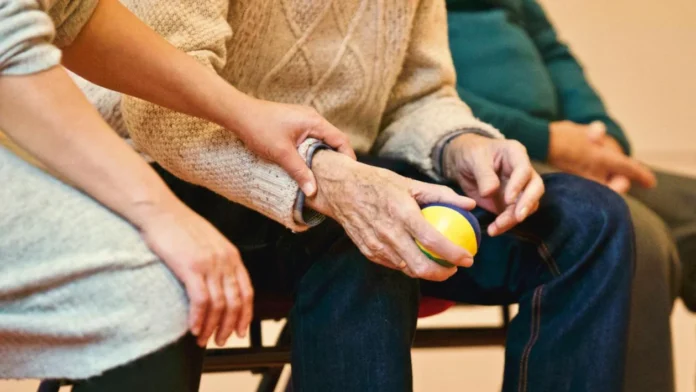In the pursuit of promoting healthy aging and personalized healthcare, a pioneering team from the University of Alberta is breaking new ground. Led by Dr. Bo Cao — an associate professor of psychiatry, co-director of the U of A’s cross-faculty Computational Psychiatry group, and Canada Research Chair in Computational Psychiatry — the team is harnessing the power of machine learning to predict the future mental and physical health of aging Canadians.
“Machine learning is a powerful and useful computational method to utilize rich de-identified data,” explains Cao in a press release.
“If we want to push for future individualized patient prediction for certain health outcomes, we need to leverage machine learning techniques.”
The team’s research, which taps into the vast database of the Canadian Longitudinal Study on Aging (CLSA), is particularly groundbreaking. This study follows more than 30,000 Canadians between the ages of 45 and 85 for up to 25 years, providing a comprehensive dataset for analysis.
One of the team’s significant achievements is the development of a biological age index. Published in the top aging journal Gerontology, this index goes beyond the number of years lived to reveal a person’s physiological age — a concept they term the “BioAge gap.” This gap can signify whether a person’s body is aging faster or slower than their chronological age.
“We investigated associations between the BioAge gap and lifestyle, environmental factors, and health conditions,” says Eleni Stroulia, a key team member and a professor in the Faculty of Science. The study found that chronic illness, unhealthy diet, and smoking could lead to a positive BioAge gap, implying an older physiological age. Conversely, consumption of fruits, legumes, and vegetables were linked to a negative BioAge gap, suggesting a younger physiological age.
Prediction is key for mental health
The team’s second major study focused on mental health, particularly the prediction of depression onset within three years. By analyzing data from individuals who later developed depression, the researchers identified key predictors such as emotional instability and low life satisfaction.
“Our model was about 70 percent accurate at predicting which study participants would develop full-blown depression within three years,” Cao notes. This level of accuracy is remarkable, considering the complexity of mental health conditions.
However, Cao emphasizes that these models are not yet ready for real-world application. “More research and testing are planned,” he says. “We are trying to establish a conversation that includes different groups — clinicians, patients, and people with lived experience — to demonstrate this kind of model can benefit the general public.”
The research by Bo Cao and his team represents a significant step forward in personalized healthcare. By understanding the factors that influence aging and mental health, healthcare providers can offer more tailored advice and interventions.
This not only holds the promise of improving individual health outcomes, but also has the potential to revolutionize the way we approach healthcare in Canada.








































